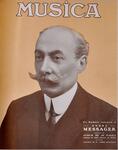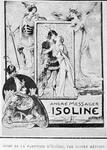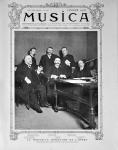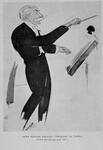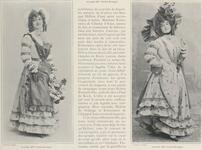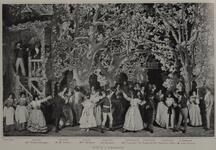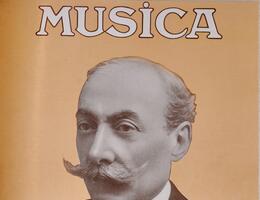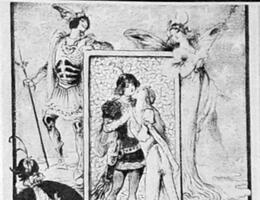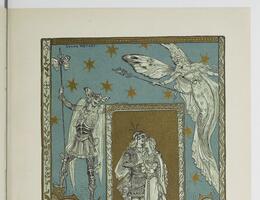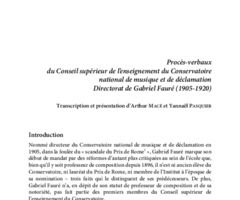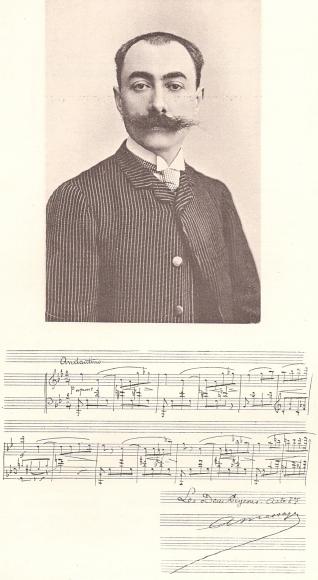
André MESSAGER
1853 - 1929
Conductor, Composer, Organist
Discovering his artistic vocation fairly late, Messager only had a few years of studies behind him when, in 1869, he entered the École Niedermeyer. In accordance with the spirit of the school, his professors—Laussel (piano), Loret (organ), Gigout (harmony), then Fauré and Saint-Saëns (composition)—were keen to ensure that he received a sound training as a church musician. For this reason, he held various posts as organist and choirmaster until the mid-1880s. At the same time, he made his debut as a conductor at the Folies-Bergère and at the Théâtre Éden in Brussels. Several years later, he took the helm of the more prestigious orchestras at the Opéra-Comique (1898-1903, then 1919-1920) and the Société des Concerts du Conservatoire (1908-1919). A born administrator, he also carried out the less rewarding job of co-director at the Opéra from 1907 to 1914. However, Messager’s overriding ambition was to compose for the stage. The opportunity came in 1883, when the publisher Enoch commissioned him to complete Bernicat’s operetta, François-les-Bas-Bleus. Its subsequent success prompted him to continue and he spent the rest of his life writing numerous ballets, operettas or opéras comiques, whose typically French style was characterised by elegance, gaiety, precision and sophistication (La Basoche, Les P’tites Michu, Véronique, Fortunio, Monsieur Beaucaire, Coup de roulis). Messager enjoyed an excellent reputation from the late 19th century onwards and his career was rounded off by his well-deserved election to the Institut de France.
Scientific publications
Publication
André Messager. Passionnément
Publication
André Messager. Les P'tites Michu
Articles
The genesis of Les P’tites Michu
Articles

